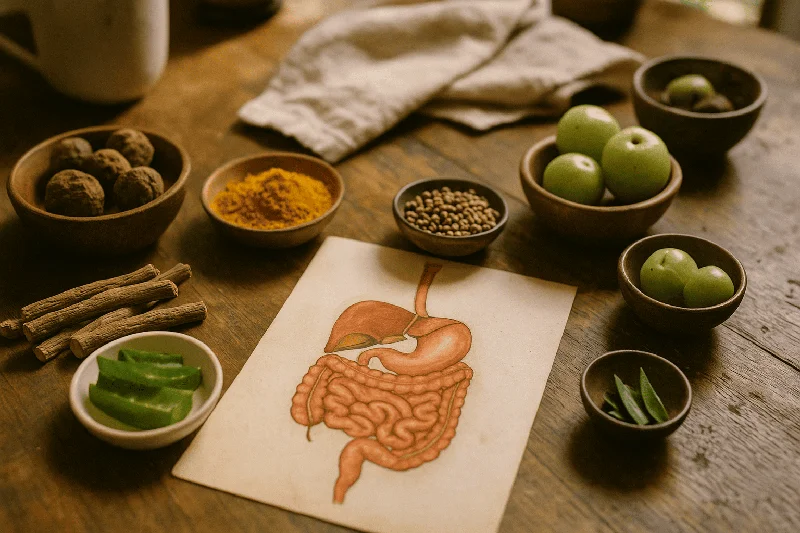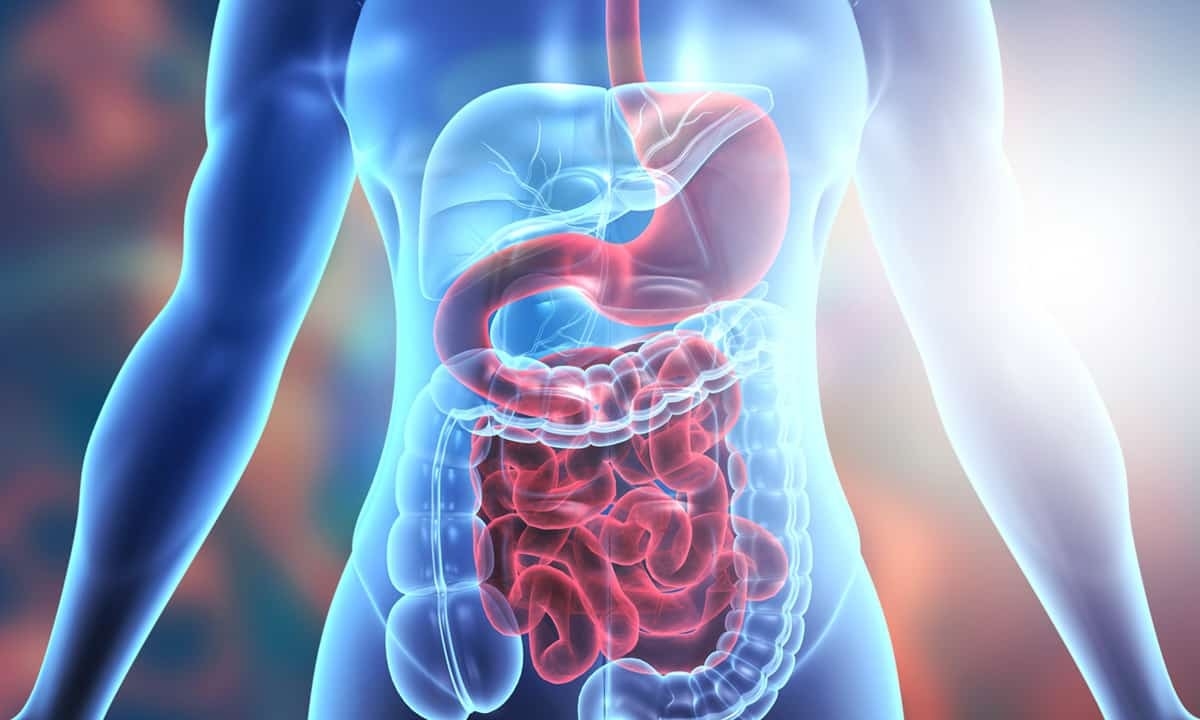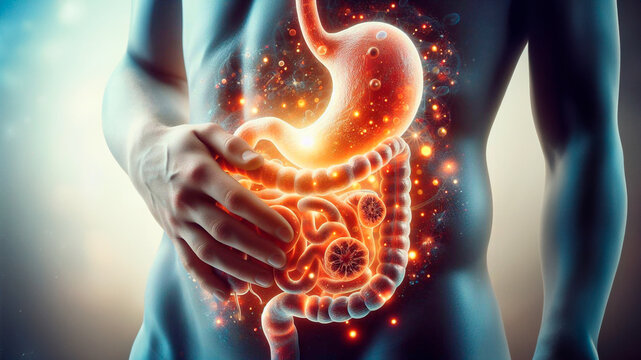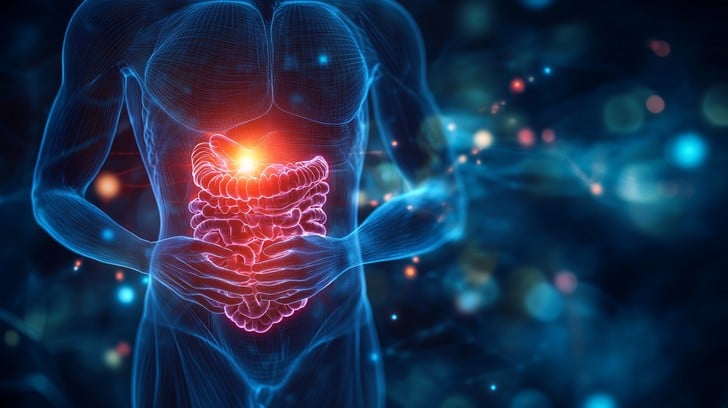Ask Ayurvedic doctor a question and get a consultation online on the problem of your concern in a free or paid mode. More than 2,000 experienced doctors work and wait for your questions on our site and help users to solve their health problems every day.
Digestion from the view of Ayurveda

Digestion from the view of Ayurveda
In Ayurveda we believe that almost all diseases are directly or indirectly related to disturbed digestion.
Digestion is important for breaking down food into nutrients, which your body uses for energy, growth, and cell repair. In Ayurveda, the complete digestion, absorption, and assimilation of food nutrients create a healthy body.
Complete wellness is not only physical digestion in the stomach but mental digestion as well. The proper, healthy digestion is a key function required for our overall well-being.
The third chakra regulates and stimulates all the activities in our body including the digestive system. The problem in the digestive system is an imbalance in the third chakra, in Pitta dosha and digestive fire – in Ayurveda it’s called “Agni”.
The goal of Ayurveda is harmonising and balancing the energies in our body. As food is fuel for the physical body and mind, a little change in your diet can make big changes in your life – you are what you eat.
In Ayurveda we believe that digestive process goes in three stages and it takes 36 days to complete the full digestive process:
Stage one – timing is about 1,5-2 hours – takes place in the mouth and upper stomach. At this stage, saliva mixes with food to make it moist, foamy, and oily so the food can be well digested – that’s why it is important to eat slowly. Imbalance in this stage is associated with Kapha dosha.
The second stage takes about 2-3 hours and takes place in the lower stomach and small intestine. Pancreatic secretions further break down the food. Imbalance at this stage, such as heartburn and acid reflux, are associated with Pitta dosha.
Stage three – the process takes 1,5-2 hours – takes place in the large intestine (colon). Digestion problems of the third stage, such as bloating and gas, are associated with Vata dosha.

What Causes Digestion issues?
The food you eat influences your body’s digestive processes and overall wellness. As far as digestive disorders go, they happen because of not eating according to ones body type, not eating on time or according to the appetite, eating the wrong combinations of foods at the wrong time or eating heavy, spicy, fried food immediately followed by soda or milkshake. Here are a few examples of mindless eating that may lead to digestive issues.
- Eating spicy, fried foods, such as burgers, pizza, chips, French fries, etc.
- Using too many spices, garlic, clove, and chilly in your cooking or no spices at all.
- Consuming baked items and fermented foods, such as dosa, idli, uttapam, etc regularly
- Consuming tea/coffee in excess quantities, usually over 2 cups a day.
- Inadequate water intake.
Lifestyle
No matter how nutritious or clean your diet is, it means nothing if you do not engage in physical activities and take enough rest in a day. The following may cause digestive issues.
- Working long hours without rest.
- Lying down in bed or settling in your chair at work immediately after meals
- Inadequate sleep
- Skipping meals
- Overeating or eating whether the previous meal is fully digested.
What’s a List of Digestion Diseases?
Some Common Joint Pain Diseases Include:
Constipation Hyperacidity Appendicitis
Colon Polyps Intestinal worms

How Ayurveda Can Help Digestion?
Ayurveda, the ancient system of holistic healing, provides effective solutions for promoting optimal digestion. By addressing the root cause of digestive issues, Ayurveda tailors remedies and dietary recommendations to an individual’s unique constitution. Herbal formulations and natural therapies are employed to balance digestive functions, aiding in the assimilation of nutrients and elimination of toxins. Ayurvedic practices emphasize mindful eating, personalized nutrition plans, and lifestyle adjustments to foster a healthy digestive system. This integrative approach not only alleviates current digestive concerns but also promotes long-term well-being, ensuring a harmonious balance for a healthier life
Emotions that Block
Negative emotions and thoughts overlap us with a thick layer, which interferes to perceive and “taste” life. Food – is the ability to process, digest the situation. If there are problems with the digestive system, it indicates that there are problems in assimilating life.

Ways to Prevent Digestion problems According to Ayurveda
Mind-Body Practices: Incorporate stress-reducing techniques such as meditation and deep breathing to promote overall well-being.
Yoga Asanas: Practice yoga postures specifically designed to strengthen digestion, increase appetite and allow good elimination of urine and stools. Pawanmuktasan, Balasan, Vajrasan, Shalabhasan, Gomukhasan, Ardha matstyendrasan are extremely useful if practised regularly.
Balanced Diet: Emphasize a diet rich in warming, nourishing foods to pacify Vata and support bone health.
Herbal Support: Integrate Ayurvedic herbs like ginger, turmeric, rock salt, fennel, coriander, triphala, trikatu etc .

Ayurvedic Wellness for Digestion at Alveda
Experience optimal digestive health with Ayurvedic wellness at Alveda. Our tailored solutions focus on enhancing digestion through natural remedies and personalized dietary plans. Alveda’s Ayurvedic approach addresses digestive issues by balancing your unique constitution, promoting overall well-being. We offer holistic lifestyle guidance, including mindful eating practices and daily routines, to support a healthy digestive system. Choose Alveda for a harmonious blend of traditional wisdom and personalized care, ensuring your digestive well-being for a balanced and vibrant life.

